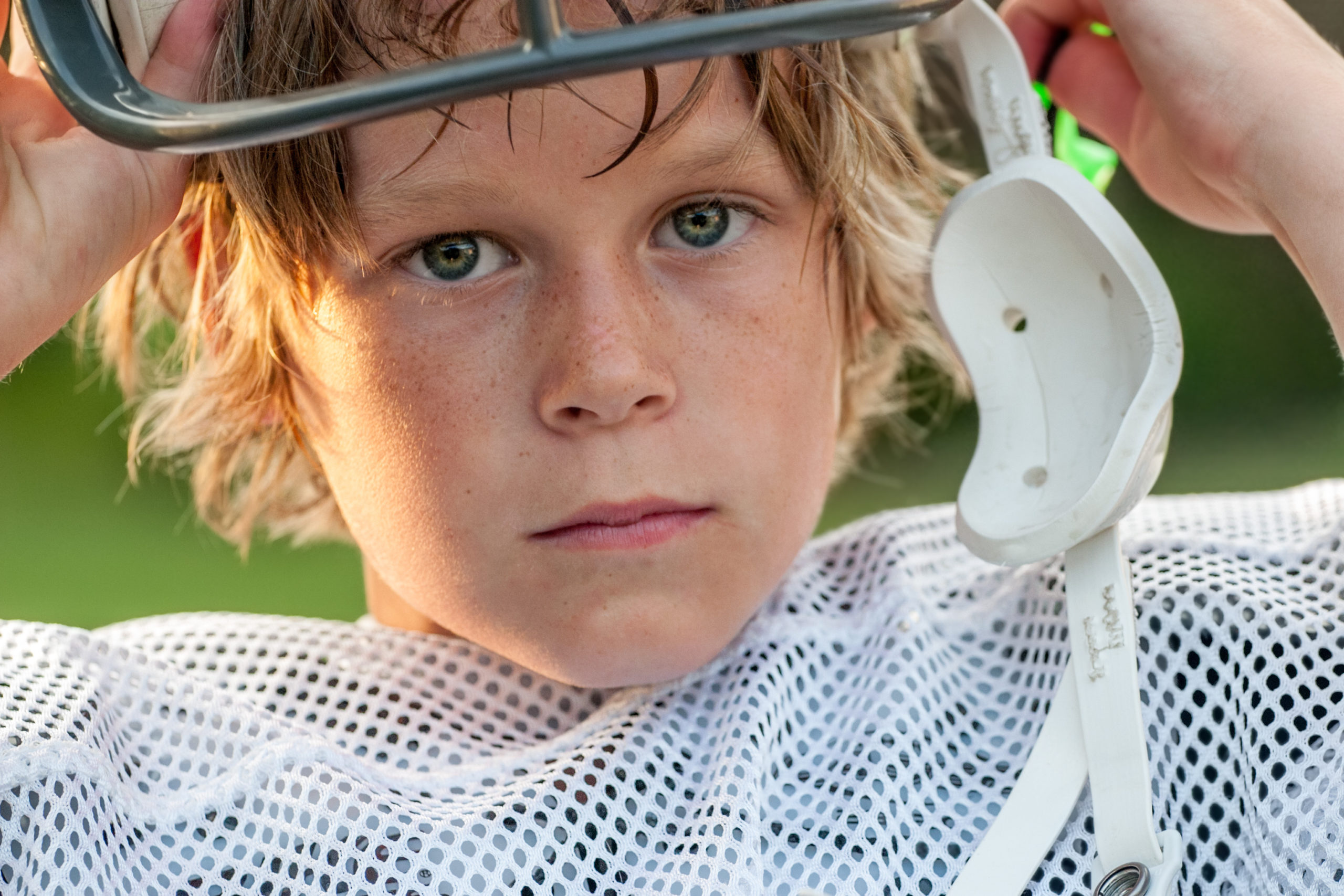
Why Your Child May Be Losing Interest in Their Sport
If you are one of the rare parents who has never bribed your child to get them to go to a practice or perform better in a game, and if you promise you’ve never leveraged things like iPad time and ice cream in return for a goal-scored, a race won or a home run, then you can skip this article. Everyone else … read on.
20 Ways I’m Going To Be A Better Sports Parent In 2023
It seems harmless enough when we encourage our children to shoot – even when there are teammates wide open and when we reward kids with special snacks in return for scoring. But guess what – it’s these little nuances that could actually be the reason your child may be losing interest in their sport and even quit playing sports.
It is something psychologists call the overjustification effect, and It is this phenomenon that I believe is partially responsible for the high dropout rate we are seeing in youth sports. In fact, the National Alliance for Sports estimated that 70% of U.S. children will drop out of organized sports by the time they turn 13.
The best way to describe the overjustification effect is to use a parable from Robert Weinberg’s book Mental Toughness in Sport, Business, and Life.
There was an old man who lived in the country and who had a huge open field as part of his property. The neighborhood kids loved to play baseball, but there were no fields nearby except for the old man’s field, which was perfect for baseball. So one day, the boys brought some bases and set up a baseball diamond on the old man’s field. When the old man saw this, he came out of his house and chased them off his property. This happened several times until one day, the old man came out of his house when the kids were playing baseball in his yard and said, “I’m an old man living by myself, and I’ve come to realize that I like having young people around having fun because it makes me feel young. In fact, I decided I like having you around so much that I’ll give you $1.00 to play baseball in my yard.” Of course, the kids were pleasantly surprised and continued to play baseball in the old man’s yard.
A few days later, as the kids were getting ready to play baseball in the old man’s yard, he said, “I really like having you play baseball in my yard, but I’m on a fixed income, and I just can’t afford to give each of you $1.00 for playing baseball in my yard, but I’ll give you each $.75.” The kids said, “that would still be fine to still get $.75 to play baseball in your yard.” This went on for a couple more weeks, with the old man continually offering less and less money each time they played. Finally, one day the old man came out and said, “I really like having you kids play baseball in my yard, but I can only afford to pay each of you $.05 to play baseball in my yard.” The kids said, “we’re not going to play baseball in your yard for only a nickel,” and then they left. (from R. Weinberg, Mental Toughness in Sport, Business, and Life, 2010, p. 58)
So what happened? The boys initially played baseball because it was fun. This is often called intrinsic (or internal) motivation. They didn’t need any more motivation or reward to play, but the old man added money (a source of extrinsic or external motivation) into the equation. In essence, he overjustified the desire to play baseball. Once the external motivator waned, so too did the boys’ motivation to play.
We do this all the time in sports. We take a game that our children play because it’s fun, and we tack on bribes for playing in the form of treats and even money. Or, we equate fun with winning. This is why I am against the participation trophy. All of a sudden, the game becomes about getting a trophy. Take the trophy away, and you take the child’s motivation to play away. And unfortunately, research has shown that once a person’s motivation shifts from intrinsic to extrinsic, it can be difficult to switch back to an intrinsic drive.
So how can you prevent the overjustification effect with your child? Here are a few suggestions:
- Avoid giving your child extrinsic incentives for playing their sport. Remember, they are (hopefully) playing it because it’s fun!
- Understand why your child initially took up his or her sport and help remind them of that. In some cases, your child might even need help remembering. For example, “Remember when you first started playing volleyball? It was so much fun for you to be out there with your friends working together as a team.”
- Empower your child to make their sport more fun. It’s not just the coach’s responsibility to do this.
- Watch your words and messages. Are you connecting fun with winning and scoring, or is the fun associated with the reasons your child originally took up the sport?
Good luck! Please tweet me at (@sam_maniar), and let me know how it goes!












